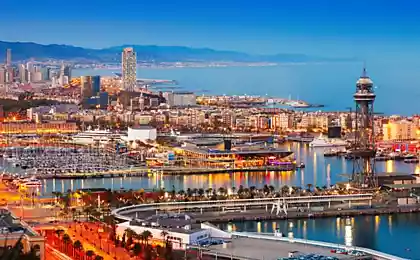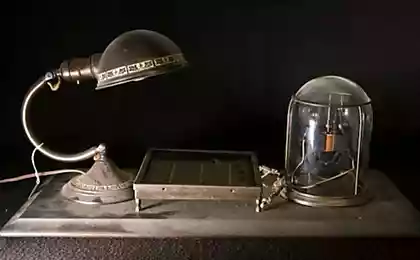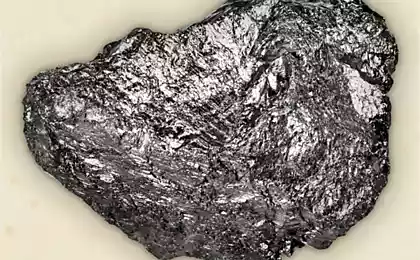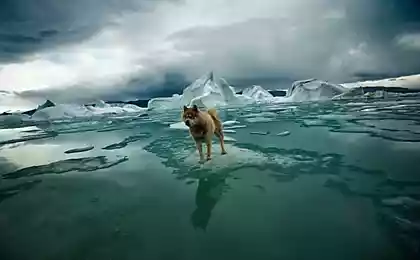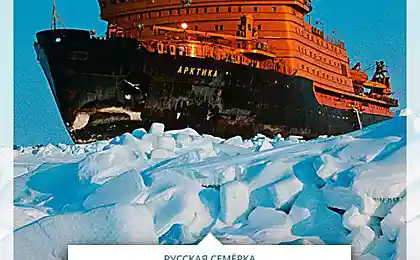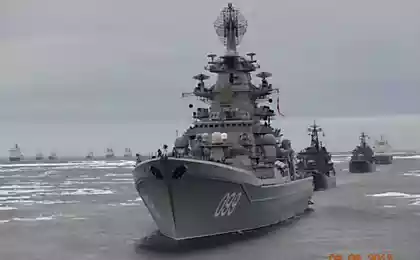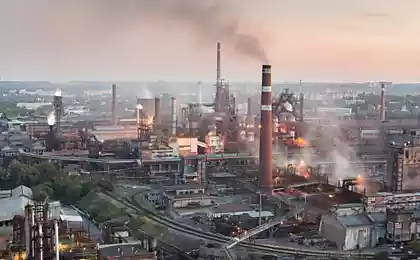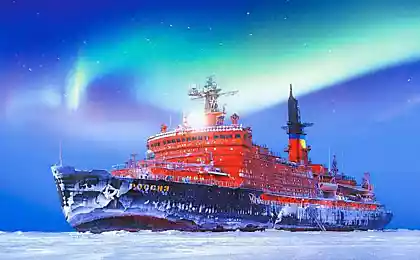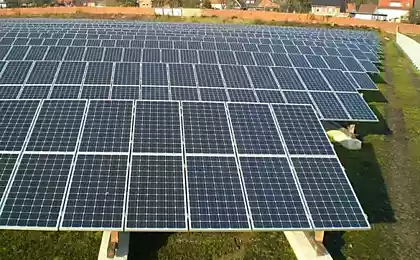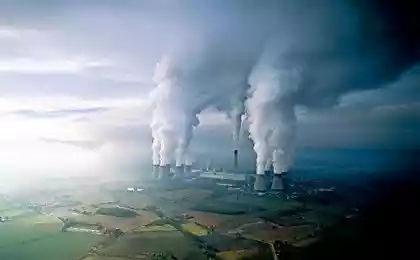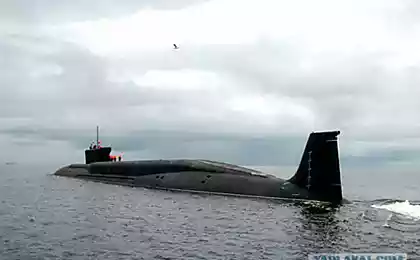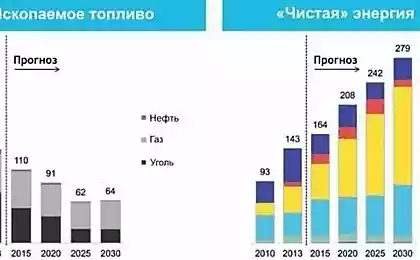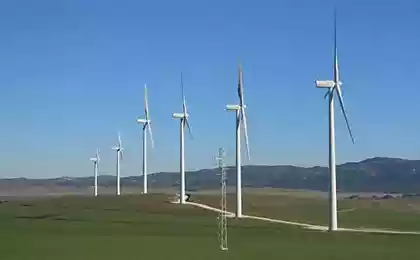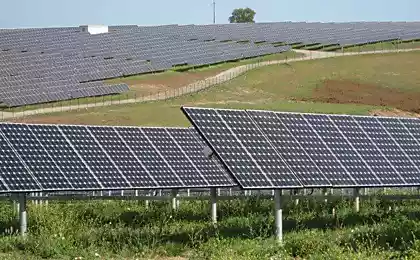471
Russia will to develop alternative energy in the Arctic
Russia will develop the Arctic carbon-free energy sources, this will help to ensure environmental security in the region, said Advisor to the President of the Russian Federation, special presidential representative on climate issues Alexander Bedritsky.
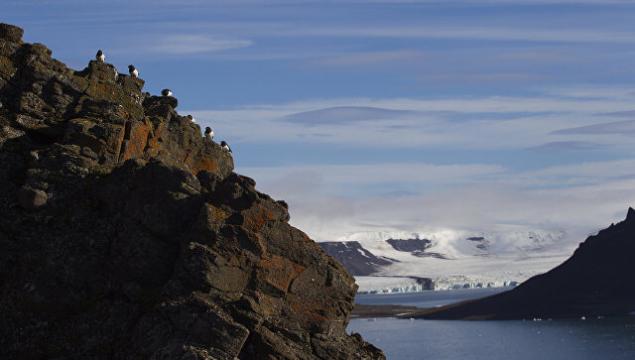
He spoke at the sixth annual international meeting of representatives of the member States of the Arctic Council observer countries in the Arctic Council and foreign scientific community. The meeting was held under the auspices of the Security Council of the Russian Federation on Board of nuclear icebreaker "50 years of Victory". The Russian delegation is headed by the Secretary of the Russian security Council Nikolai Patrushev.
"In the framework of measures to ensure environmental safety require the solution of tasks in the implementation of best available technologies, including those aimed at reducing greenhouse gas emissions, changes in the structure of electricity generation, waste disposal and elimination of accumulated environmental damage, conservation of biodiversity," — said Bedritsky, who was quoted in the press service of the office of security service of the Russian Federation.
Plans for "green" generationBedritsky noted that key terms of reducing emissions sector, energy, at the initial stage the decrease of greenhouse gases will be achieved by the combination of traditional and renewable sources. He recalled that planning of placing of objects of electric power industry is carried out both at the Federal and at the regional level. Approved by the government of the Russian Federation in August of this year, the scheme of territorial planning of the state in the energy sector until 2030 involves the placing of objects of Federal significance, which include nuclear, hydro, wind and thermal power capacity of 100 MW and above.
"In the Russian Arctic until 2030 it is planned to introduce 2091 MW of installed capacity, including nuclear power plant – 600 MW, HPP – 1091 MW wind farm 400 MW. Today the total capacity of renewable energy facilities in the Arctic zone is of the order of 1 gigawatts," — said Bedritsky.
As examples at the regional level Bedritsky has led a comprehensive program of RAO ES of the East for the introduction of renewable energy technologies, which involves the construction in the far East, including in the Arctic region 178 solar power stations (SES) and wind power complexes with a total capacity of approximately 146 MW.
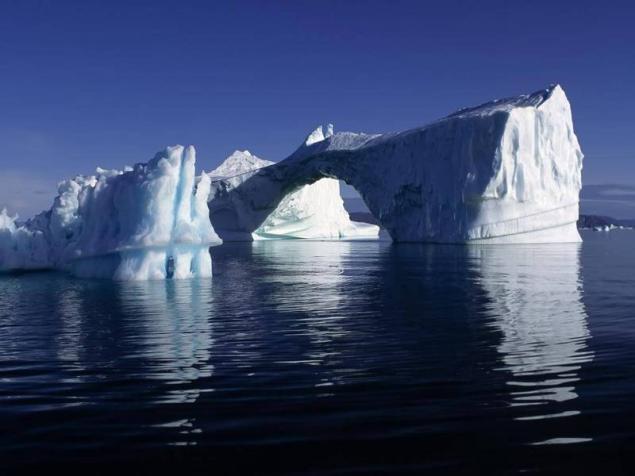
"Built this company in December last year, the solar power plant of 1 MW in the village (Republic of Sakha (Yakutia)) is listed in the Guinness Book of records and officially recognized as the most Northern in the world the object of solar energy," — said Bedritsky.
According to him, currently in the region there are 13 SES in Yakutia and 3 wind power complex in Kamchatka Krai and the Sakhalin region. In the future it is planned the construction of 7 wind turbines, bringing the complex's capacity will reach 3 MW.
"In the longer term will require a significant change in the structure of electricity generation in the direction of increasing the share of low-carbon and renewable energy sources, use of waste to generate, especially in areas without power lines," — said Bedritsky.
The key to solving environmental problemsAccording to him, the approach to the solution of practical problems through the development of public-private partnerships, creating incentives for companies to reduce greenhouse gas emissions and the risk of negative effects of climate change, the choice of model carbon regulation, attraction of investments to implement a comprehensive strategy for low-carbon and resilient to climate change development will be key to the successful solution of the whole complex of socio-economic and environmental challenges in the Arctic region.
"Currently, we have both the desire and the ability to minimize anthropogenic impact on the Arctic and adapt to already observed and expected climate changes, thereby reducing risks in the field of hydrometeorological and ecological safety", — said Bedritsky.
"Modern technology has reached a very high level, and close international cooperation on all components of the concept of sustainable development in the Arctic – social, economic and environmental, as well as the exchange of experiences on implementation of sustainable development strategies among the countries of the Arctic region will allow to realize even the wildest ideas," he concluded. published
Source: altenergiya.ru/apologiya/rossiya-budet-razvivat-alternativnuyu-energetiku-v-arktike.html

He spoke at the sixth annual international meeting of representatives of the member States of the Arctic Council observer countries in the Arctic Council and foreign scientific community. The meeting was held under the auspices of the Security Council of the Russian Federation on Board of nuclear icebreaker "50 years of Victory". The Russian delegation is headed by the Secretary of the Russian security Council Nikolai Patrushev.
"In the framework of measures to ensure environmental safety require the solution of tasks in the implementation of best available technologies, including those aimed at reducing greenhouse gas emissions, changes in the structure of electricity generation, waste disposal and elimination of accumulated environmental damage, conservation of biodiversity," — said Bedritsky, who was quoted in the press service of the office of security service of the Russian Federation.
Plans for "green" generationBedritsky noted that key terms of reducing emissions sector, energy, at the initial stage the decrease of greenhouse gases will be achieved by the combination of traditional and renewable sources. He recalled that planning of placing of objects of electric power industry is carried out both at the Federal and at the regional level. Approved by the government of the Russian Federation in August of this year, the scheme of territorial planning of the state in the energy sector until 2030 involves the placing of objects of Federal significance, which include nuclear, hydro, wind and thermal power capacity of 100 MW and above.
"In the Russian Arctic until 2030 it is planned to introduce 2091 MW of installed capacity, including nuclear power plant – 600 MW, HPP – 1091 MW wind farm 400 MW. Today the total capacity of renewable energy facilities in the Arctic zone is of the order of 1 gigawatts," — said Bedritsky.
As examples at the regional level Bedritsky has led a comprehensive program of RAO ES of the East for the introduction of renewable energy technologies, which involves the construction in the far East, including in the Arctic region 178 solar power stations (SES) and wind power complexes with a total capacity of approximately 146 MW.

"Built this company in December last year, the solar power plant of 1 MW in the village (Republic of Sakha (Yakutia)) is listed in the Guinness Book of records and officially recognized as the most Northern in the world the object of solar energy," — said Bedritsky.
According to him, currently in the region there are 13 SES in Yakutia and 3 wind power complex in Kamchatka Krai and the Sakhalin region. In the future it is planned the construction of 7 wind turbines, bringing the complex's capacity will reach 3 MW.
"In the longer term will require a significant change in the structure of electricity generation in the direction of increasing the share of low-carbon and renewable energy sources, use of waste to generate, especially in areas without power lines," — said Bedritsky.
The key to solving environmental problemsAccording to him, the approach to the solution of practical problems through the development of public-private partnerships, creating incentives for companies to reduce greenhouse gas emissions and the risk of negative effects of climate change, the choice of model carbon regulation, attraction of investments to implement a comprehensive strategy for low-carbon and resilient to climate change development will be key to the successful solution of the whole complex of socio-economic and environmental challenges in the Arctic region.
"Currently, we have both the desire and the ability to minimize anthropogenic impact on the Arctic and adapt to already observed and expected climate changes, thereby reducing risks in the field of hydrometeorological and ecological safety", — said Bedritsky.
"Modern technology has reached a very high level, and close international cooperation on all components of the concept of sustainable development in the Arctic – social, economic and environmental, as well as the exchange of experiences on implementation of sustainable development strategies among the countries of the Arctic region will allow to realize even the wildest ideas," he concluded. published
Source: altenergiya.ru/apologiya/rossiya-budet-razvivat-alternativnuyu-energetiku-v-arktike.html
The bio-sponge from cellulose and graphene for water purification
Interesting facts about nagyhatalmak functions of the respiratory system


